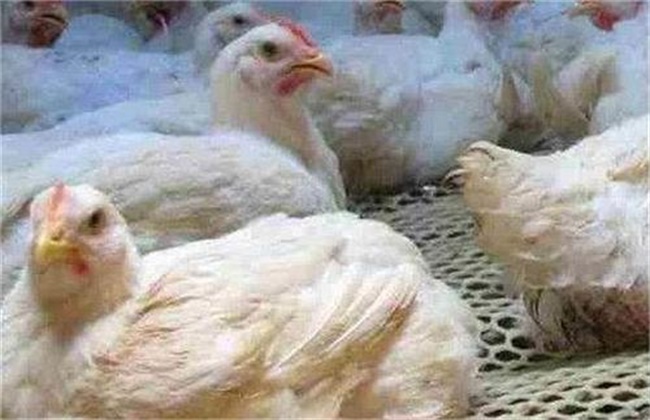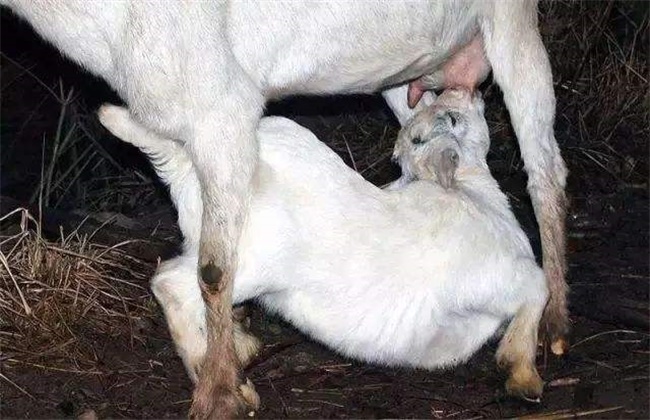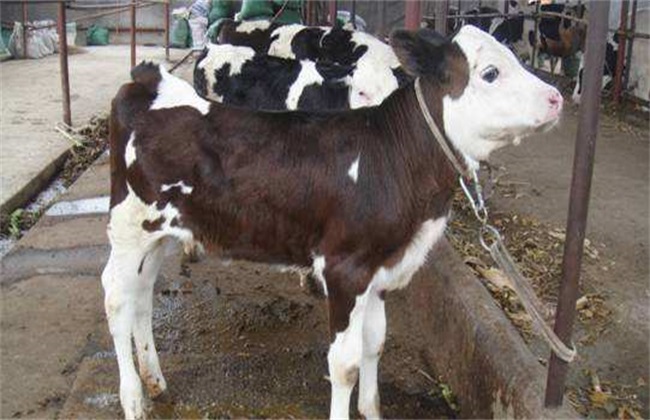What about chicken salt poisoning?
Salt is an indispensable part of chicken diet, but excessive salt intake or continuous salt intake will lead to salt poisoning, which is a disease of central nervous system disorder, which is actually sodium poisoning. It can be divided into chronic and acute, so what are the symptoms of chicken salt poisoning? What should I do? Let's get to know it.

1. The cause of poisoning
Salt is an essential nutrient in chicken diet, which can maintain normal body activity together with amino acids and vitamins. In the right amount of feed and drinking water, it can increase appetite and promote growth. Under normal circumstances, the amount of salt added to the feed is 0.25% Mel 0.5%. When the concentration of salt in the feed exceeds 0.5%, the chicks can die normally, and the concentration of salt in drinking water is more than 0.9%, and the mortality rate is as high as 100%. Once 5% of 10% salt is added to the feed, it can cause poisoning. In addition, deficiency of other nutrients in feed, such as vitamins, calcium, magnesium and amino acids, can also increase the sensitivity of salt poisoning.
2. Poisoning symptoms
When the salt content in the feed of chicks is 0.7% and that of adult chickens reaches 1%, it will cause obvious thirst and the most water content in feces. If the salt content of chicks is 1% and that of adult chickens is 3%, it will cause poisoning and death. There is a difference in the severity of salt poisoning in chickens, which is related to the amount of salt consumed for a long time, such as mild poisoning, characterized by increased drinking water, thin feces or sparse water. Severely poisoned, the chicken's spirit is dispirited, the appetite is lost, endless drinking water, some will also have mouth and nose mucus, diarrhea, gait instability or paralysis, later will also appear coma, dyspnea symptoms, sometimes neurological symptoms, such as head and neck bending, chest and abdomen upside down struggle, and finally died of failure.
3. Prevention and control methods
First of all, we should strictly control the amount of salt, the taste of the chicken is not developed, there is no ability to identify salt, especially in feeding chicks, we should pay special attention to the supply of adequate fresh drinking water. Chickens with salt poisoning should immediately stop feeding feed with high salt content, mild and moderate chickens can provide adequate drinking water, symptoms will be improved, severe chickens should properly control drinking water, excessive drinking water will promote salt absorption, aggravate symptoms and increase mortality, generally let them drink water for 10-20 minutes per hour.
The above is the chicken salt poisoning how to introduce, hope to help you, want to know more related knowledge, please pay attention to us.
Related
- On the eggshell is a badge full of pride. British Poultry Egg Market and Consumer observation
- British study: 72% of Britons are willing to buy native eggs raised by insects
- Guidelines for friendly egg production revised the increase of space in chicken sheds can not be forced to change feathers and lay eggs.
- Risk of delay in customs clearance Australia suspends lobster exports to China
- Pig semen-the Vector of virus Transmission (4)
- Pig semen-the Vector of virus Transmission (3)
- Five common causes of difficult control of classical swine fever in clinic and their countermeasures
- Foot-and-mouth disease is the most effective way to prevent it!
- PED is the number one killer of piglets and has to be guarded against in autumn and winter.
- What is "yellow fat pig"? Have you ever heard the pig collector talk about "yellow fat pig"?



